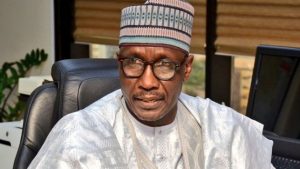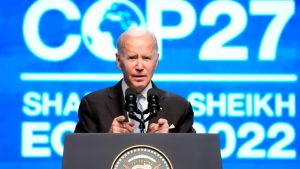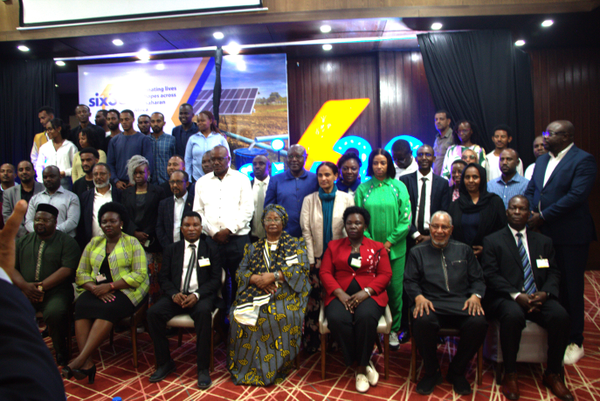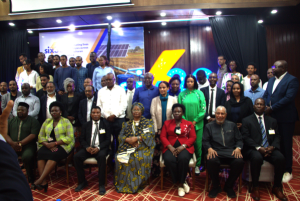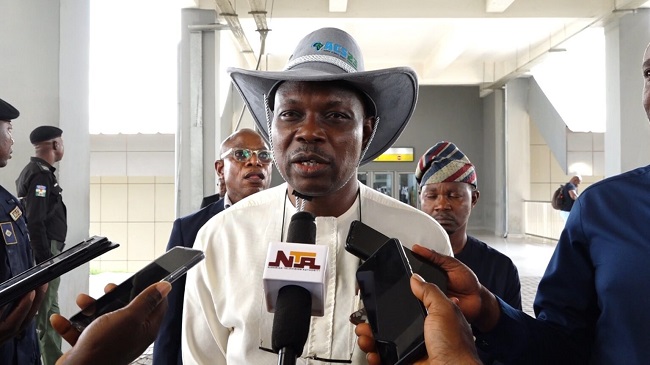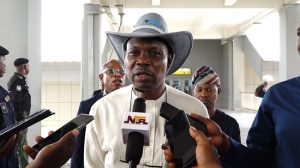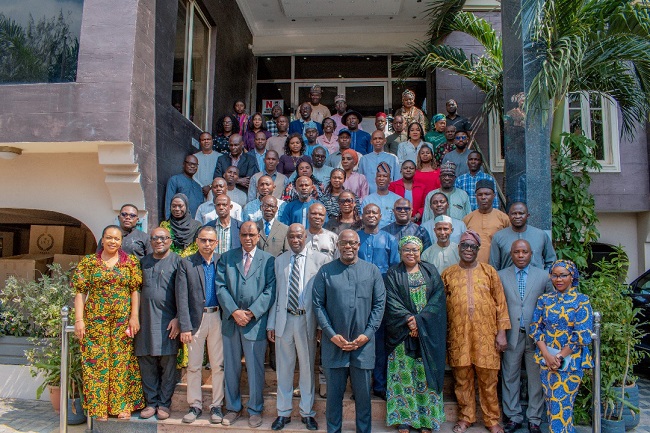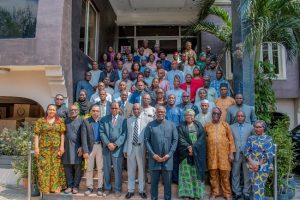The Renevlyn Development Initiative (RDI) has urged the Lagos State Government to unconditionally reverse the disengagement of 405 permanent staff of the Lagos Water Corporation (LWC) who were fired allegedly because they were redundant.

RDI said it is convinced that the disengagement exercise, carried out by the new management of the LWC led by Tijani Muktar is only a smokescreen and part of the long-standing grand plan to privatise water resources in Lagos.
On April 15, 2024, staff of the Corporation who had resumed for work were issued disengagement letters. The sack was without prior notice or in compliance with Nigeria’s Labour laws which requires an employer to notify the trade union or workers’ representative of the reasons for and the extent of the redundancy before terminating the employment of its staff on account of redundancy.
The exercise was carried out at a time reports were also rife that the LWC had less than 600 staff Lagos statewide, a revelation which would have necessitated recruiting more staff instead of load shedding.
With the disengagement exercise which affected 405 workers the staff strength of the corporation is now less than 100 Lagos statewide.
RDI Executive Director, Philip Jakpor, said: “We refuse to be hoodwinked. The purported disengagement of staff of the LWC on the grounds of their being redundant is a ruse to ram through the privatisation agenda of the Lagos government by weeding the corporation of vocal opponents of the plan. It is unacceptable and must be reversed.”
Jakpor explained that with information putting the total staff strength of the corporation as of March 2024 at 588 statewide there is no correlation between these unjustifiable sacks and boosting the operation of the corporation.
“We make bold to say that since the assumption of office of the current Managing Director of the LWC, Tijani Muktar, in July 2023 the privatisation agenda of the Lagos government has accelerated in pace. Attempts at removing the vocal champions of pro-people water policies will not stop the resistance to water privatisation.”
“Section 20 of the Labour Act explicitly outlines the proper procedures to be followed in cases of redundancy. Clearly these rules have not been followed.”
He insisted that dialogue and engagement of the staff of the water corporation is the only way to address the crisis in the corporation and not through bullying or contravention of laws.
“Our position is unchanged. To address the water crisis in Lagos the citizens must be part of the solution and the solution is within the realm of public democratically managed water systems. The purported sack of proponents of this vision which will guarantee access to all will not stand,” Jakpor insisted.



